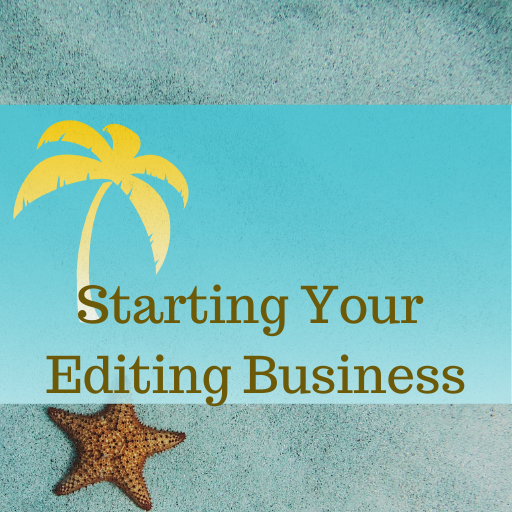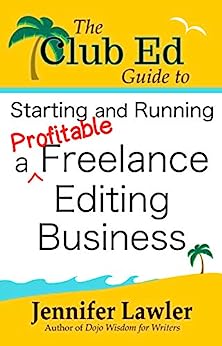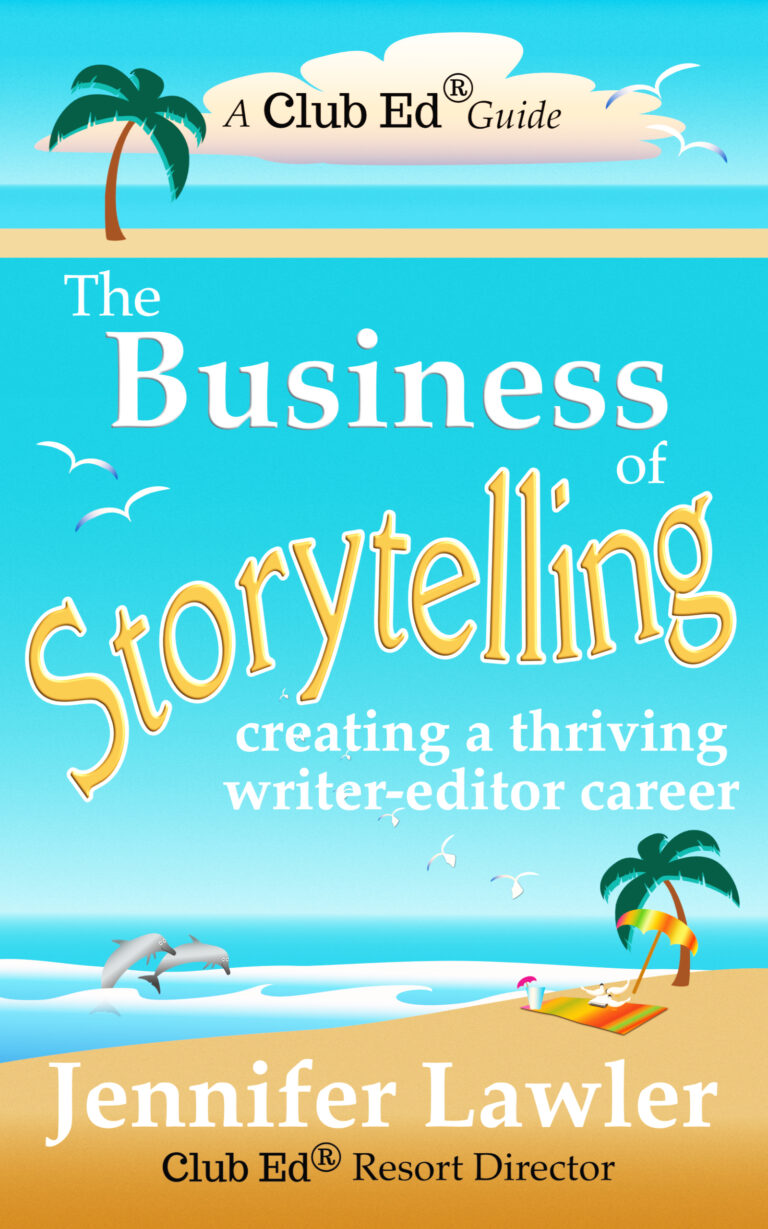Why you’re not making it as a freelance editor
As the owner of Club Ed, my goal isn’t just to help people learn the craft of editing but to help them learn how to run an editorial freelancing business.
Running a freelance business is hard – I’ll be the first to say so. But there are some common reasons people don’t succeed, if we define success as “makes a reasonable income in relationship to the time invested.”
1. You’re not charging enough. I get pushback from people about this all the time. “But I can’t ask my publisher client for more. They’ll never agree.” Or “But other editors charge less; I won’t have any clients.” Almost invariably when I encourage a freelancer to negotiate a higher fee, they get one. Once they start worrying less about what other people are charging, and more about how to find clients who’ll pay what they want/need to charge, they do much better.
2. You’re not listening to feedback. I get asked for my advice a lot and I’ve noticed that the people who are struggling the most are the ones who discount my recommendations the most. For example, I’ve said things like, “When I Google your name, your LinkedIn profile is the first thing that shows up but it doesn’t say anything about your fiction editing background.” And they’ll answer, “But I want people to go to my website, WonderfulFictionEditor.com, I don’t want them to look at my LinkedInprofile.” Okay, but . . . when I Google your name, your LinkedIn profile is the first thing that shows up. Do something about that.
3. You wrote a book or you “edited” your friend’s thesis and now you’re calling yourself an editor. But that’s not the way this works, and it’s especially not the way this works now, when there is a huge amount of competition and anyone looking for an editor has a plethora of possibilities to choose from. Editing is not an entry-level position. You have to educate yourself (or get a staff job that is an entry-level position and learn as you go).
4. You haven’t identified your pool of potential clients. A subset of this is using aggregators like Reedsy to find your clients for you. Nothing wrong with a doing a few jobs on Upwork or Fiverr while you’re learning the ropes of being an editor. But sustainable freelance careers are built on your going out and getting clients on your own, not waiting for them to swim into your net. To find clients, you have to know where to look, and to know here to look, you have to identify what kinds of clients you want. Academic authors don’t typically hang out in the same places romance novelists do, and they don’t have the same problems or respond to the same kind of marketing.
5. You’re not working enough. I don’t mean this in the sense of you’re not working hard enough, you lazy so-and-so. I mean this in the sense that you don’t have enough hours to do the work that’s needed in order to gain the traction that will make it possible for you to sustain a career in freelance editing. I’ve worked with some clients who only have an a hour or two a week to devote to their freelance gig. That’s just not enough time to market and then actually perform the work of editing. It’s just not. You’d be better off driving for Uber. You can run a successful part-time editing business, but most part-timers are devoting at least twenty hours a week to their business. Much less than that and every week you wind up starting back at square one: “Hi, I’m Melinda, I’m an editor” because everyone has already forgotten about you.
Join the Club!
New to story editing? Begin at the beginning.







